Over the past few days, hundreds of people have gathered at Occidental College in Los Angeles to attend the city’s first Street Summit where advocates and professionals will discuss how to make auto-city into a more livable, environmentally sustainable place. For organizer Joe Linton, it’s an educational event. “We hope to inspire folks to get involved in positive change, to help strengthen relationships between activists, and make connections to broader movements for livability and the environment,” he told me.
The conference, which has as its primary speaker New York City Transportation Commission Janette Sadik-Kahn, is a follow-up to last year’s Bike Summit, in which 300 people met to discuss how to improve the condition of cyclists in the city. But in 2010, the goal is to encourage advocates of all types of alternative transportation to ally themselves, to learn from each other, to push for a different sort of Los Angeles.
It’s a multi-pronged approach that may be needed for a city like L.A., which is widely known for its orientation towards automobiles but whose climate and landscape make it perfect for people who don’t want to be confined to their personal vehicles — if only they are given the opportunity. But they’ve got to work for it. Says Linton, “Non-governmental actors can work with allies, and can put pressure on folks that don’t yet agree.”
It seems like a good model for other cities. The conference will allow people to develop an organized game plan: a simple message to bring to politicians and the private sector. If those pushing for improved biking facilities can align their interests with those of walking advocates and transit proponents and argue for a unified agenda, they may see bigger and quicker rewards for their work. There will be political benefits.
The decision to bring in Sadik-Kahn sends the message that governments in some cities are willing to work with community groups and individuals to reduce the space devoted to cars. The Transportation Commissioner has made a model of her already transit-oriented city by creating new pedestrian spaces throughout the five boroughs and dramatically expanded commuter cycling by installing new bike lanes across the city. L.A. could do the same, argues Noah Budnick, a policy analyst for New York’s Transportation Alternatives. “I think the lesson for L.A.,” he told me, “is to start with targeted improvements and to make use of the great swaths of space on neighborhood streets.”
The question is who will make those changes happen: street organizers or influential politicians? Have the changes in New York come as a result of campaigns by on-the-ground advocates, or are they simply the result of the arrival of a friendly administration?
For Budnick, “It takes both and more. It’s amazing to have champions like Janette, yet change takes place over decades, so we need both leaders like her and organizations working to build a movement.” In other words, changes in the urban landscape can only be implemented once you’ve got the support from politicians, but they’ll only get on your side once you’ve demonstrated the power of your activism. “Thirty-five years of advocacy have laid the groundwork to allow a progressive administration to make bold changes,” Budnick argues, “but administrations come and go, so we work day to day, building a movement, changing culture and laying the foundation to make these changes durable.”
That’s the Street Summit’s major goal: to develop adequate citizen organization to make lobbying elected officials more feasible. Considering the New York experience, it may be decades before Los Angeles sees clear results, but it’s essential to start sooner rather than later.
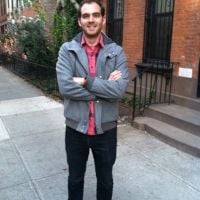
Yonah Freemark is a senior research associate in the Metropolitan Housing and Communities Policy Center at the Urban Institute, where he is the research director of the Land Use Lab at Urban. His research focuses on the intersection of land use, affordable housing, transportation, and governance.

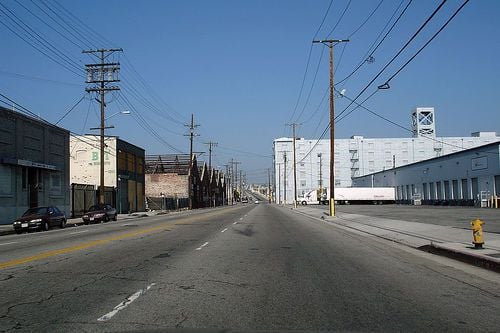
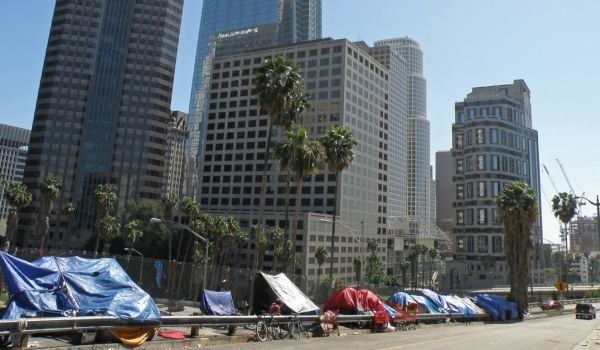
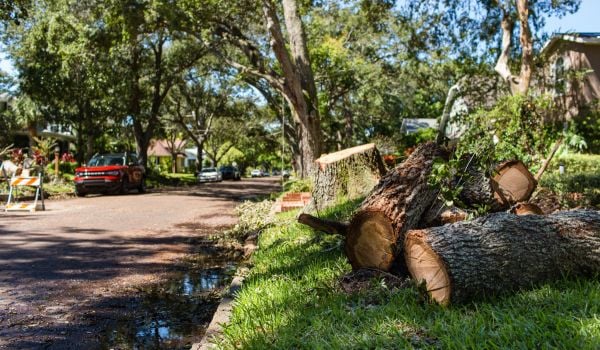
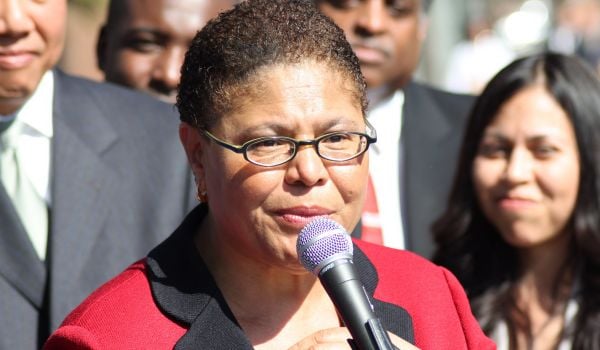
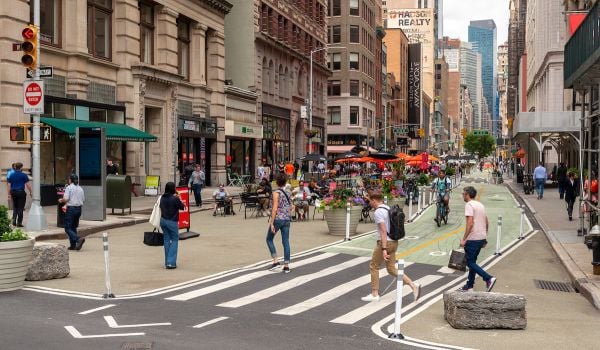



_920_518_600_350_80_s_c1.jpg)






